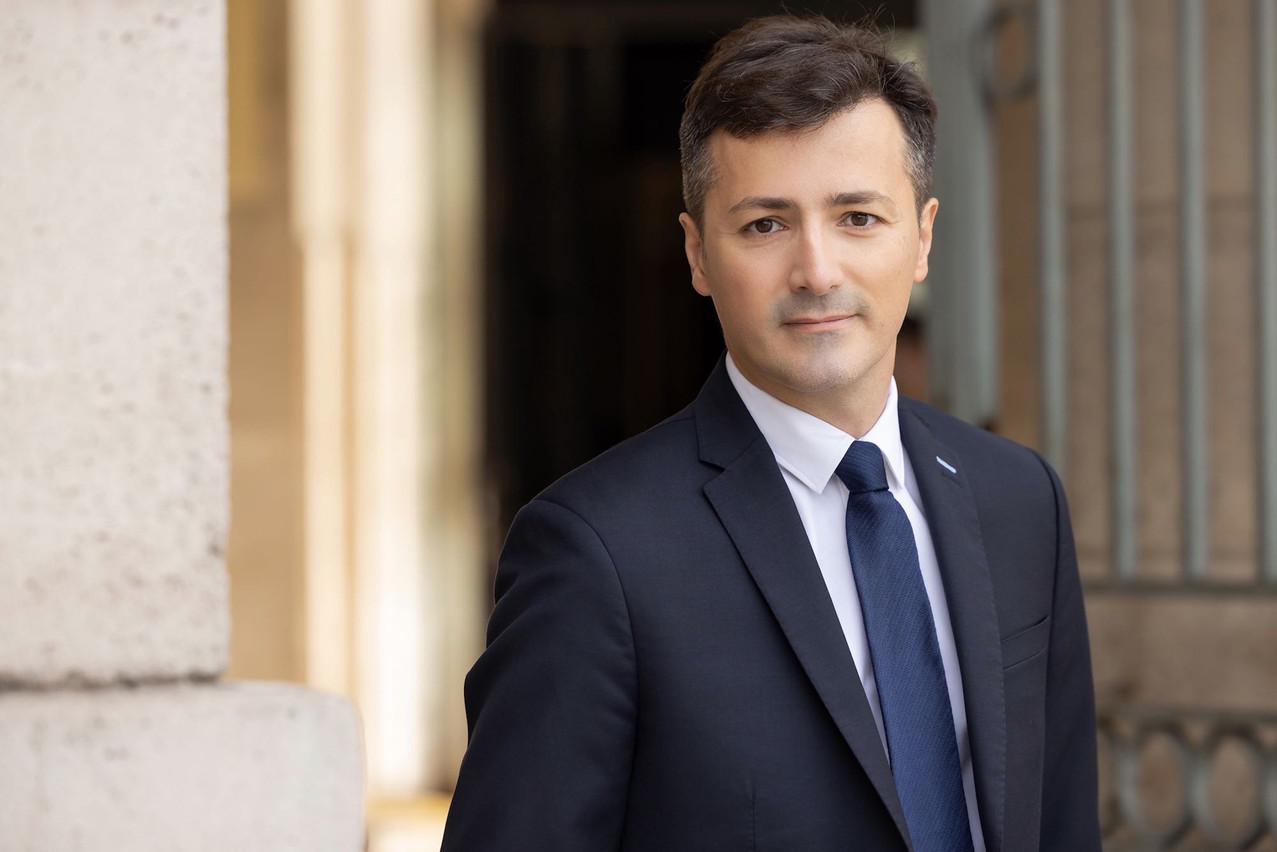America will once again be the focus of attention in 2023, but more for the challenges its economy will have to face than for its purely financial prospects.
According to Raphaël Gallardo, chief economist at Carmignac: “The high probability of fluctuating but lasting inflation is part of a profound upheaval of the world order built by the Americans after 1945 around a financial system centred on the United States”. The system allowed Washington to finance its deficits resulting from its dependence on foreign production, to remain the consumer of last resort in the world economy, and act as the world’s policeman and Europe's shield.
“This ‘American-centric’ world order seems to be rapidly unravelling today” with the emergence of China in recent years and the recent “defection: of Saudi Arabia, until recently a faithful ally. The two countries used to buy massive amounts of US debt. “In addition, the war in Ukraine, through the increase in energy prices that it causes, weighs heavily on the finances of European countries, but also Japan, which lose their ability to buy US debt,” stated Gallardo.
We believe that the US economy will enter a recession at the end of this year, but with a much sharper and longer decline in activity than the consensus forecast.
On the domestic front, while the labour market remains buoyant--“there are almost two jobs available for every unemployed person”--it is fuelling inflation. If the Fed continues to aggressively tighten monetary policy, “the US could see a sharper-than-expected decline in activity next year,” he said. “We do not believe in the scenario that the US will experience a weak and short recession early next year. We believe that the US economy will enter a recession late this year, but with a much sharper and longer decline in activity than the consensus forecast.”
“Faced with inflation, the Fed will have to create the conditions for a real recession with an unemployment rate well above 5%, compared with 3.5% today, which is not currently envisaged by the consensus.”
Near stagflation in Europe
In Europe, high energy costs should affect company margins and household purchasing power, triggering a recession this quarter and next. Gallardo said that the recession would be moderate, as high gas stocks should prevent energy shortages. “However, the economic recovery from the second quarter onwards is expected to be lacklustre, with businesses reluctant to hire and invest due to continued uncertainty over energy supply and financing costs. With a weak recovery and energy-related inflation continuing to drive the cost structure, the European Central Bank will face a near ‘stagflationary’ environment.”
“The return of fiscal activism could also increase pressure on the ECB and lead to a difficult debate on ‘fiscal dominance’.”
Finally, in China, the economy is currently solely dependent on the public sector, which supports growth through spending on infrastructure projects. But the private sector is in recession. “The Chinese health system was unable to withstand a massive wave of infections due to a relaxation of the zero covid policy during the winter. The authorities were forced to support GDP growth by adopting a double pivot, monetary and diplomatic. They have agreed to ease liquidity conditions and have begun a détente with the US. This bodes well for a gradual return to economic vitality in the country.”
The new equilibrium that is taking place is leading to economic withdrawal, it will be inflationary and it will favour bellicose initiatives.
“The new equilibrium that is being put in place leads to economic withdrawal, it will be inflationary and will favour bellicose initiatives. The foreseeable loss of economic efficiency, added to demographic considerations and new societal trends, which are also inflationary, mean that we are entering a new world economic order that justifies a profound transformation of investment strategies.
“However, we believe that this transformation does not prevent tactical re-exposures to risky assets. Bonds now offer yields that are more in line with the expected level of inflation and the increased difficulties of financing US public debt. Their yields should be able to stabilise and support equity valuations.”
Defensive bias for portfolios
In the short term, Carmignac sees “good news”: “There are early indications of future calm on the war front in Ukraine, and the prospect of an end to China’s zero covid policy, which has contributed to a very sharp slowdown in growth, is becoming clearer. Although inflationary at first, these two eventualities should eventually lead to lower energy prices and more fluid supply chains. Above all, they will act as a brake on the slowdown in the US and European economies.
“As a result, the return of the economic cycle is creating the oscillation of inflation, which seems to be on the way down for several quarters, capable of increasing the value of financial assets. Growth stocks, which suffered greatly from the first wave of inflation, could initially benefit. It will then be necessary to reduce their weight in portfolios and increase the weight of ‘old economy’ stocks that have been neglected for too long. Equity markets should continue the tactical recovery seen in recent weeks, while confirming the establishment of a new hierarchy in sector performance.”
As for investment strategies, Kevin Thozet, a member of Carmignac’s investment committee, stated: “The typical recession scenario associated with the environment described above argues for a portfolio with a defensive bias. On the bond front, we favour long-term bonds from highly rated issuers. In equities, we favour companies and sectors with the greatest resilience and in the currency markets, currencies that tend to have safe haven status.”
Read the original French version of this story on the site


